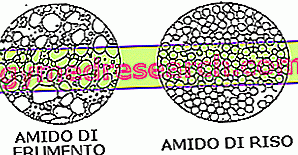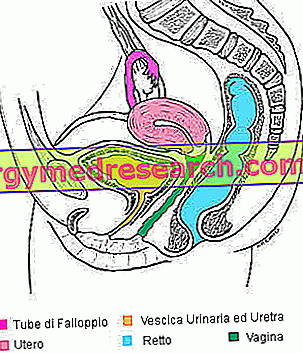Although eggs are an excellent source of protein, many people are frightened by the high fat and cholesterol content. The protein content is distributed more or less equally in the yolk and albumen (prevails slightly in the latter), while fats and cholesterol are contained exclusively in the yolk.

In the field of food supplementation, ovalbumin is the traditional alternative to whey proteins. The biological value and protein efficiency are in fact similar, as are the other protein quality indices. Egg white proteins have a slightly salty taste, while serum proteins take advantage of a more delicate flavor and a slightly lower cost. Egg white proteins, on the other hand, are the ideal choice for all those athletes who do not tolerate milk derivatives. Compared to vegetable sources, egg albumin has a better amino acid profile, because it is characterized by an excellent balance between the various essential amino acids. The digestion times of egg proteins are intermediate between the fastest serum proteins and the most casein lens; consequently they possess an excellent satiating power.
In-depth articles
The egg yolk The egg white Functional properties of the egg Preservation of eggs Labeling Fresh eggs Eggs and cholesterol Easter eggsDID YOU KNOW THAT: raw egg white proteins are poorly digestible, due to the presence of ovomucoid (antitrypsin activity), lysozyme (an antibacterial agent) and avidin (which prevents the absorption of vitamin H). On the contrary, egg yolk proteins are easily digestible raw, while cooking at high temperatures (frying at over 200 ° C, boiling) decreases digestibility and prolongs digestion times.
Nutritional values whey protein powder | Nutritional values egg white protein powder | ||||
| 100g | 30g | 100g | 30g | ||
Energy value | 392 Kcal | 117.6 Kcal | Energy value | 380.9 Kcal | 114.27 Kcal |
| 1646 Kj | 493.8 Kj | 1600 Kj | 480 Kj | ||
Protein | 80 g | 24 g | Protein | 80.9 g | 24.27 g |
Carbohydrates | 6.6 g | 2 g | Carbohydrates | 1 g | 0.3g |
Grassi | 5.1 g | 1.53 g | Grassi | 5 g | 1.5 g |
|
| ||||||||||||||||||||||||||||||||||||||||||||||||||||||||||||||||||||||||||||||||||||||||||||||||||||||||||||||||||||||||
In 100 grams of eggs we find about 12 grams and a half of protein; considering that a medium-sized egg weighs about 60 grams, for every egg consumed we supply the body with about 7 grams and a half of protein.
Critical analysis of some egg protein supplements.



